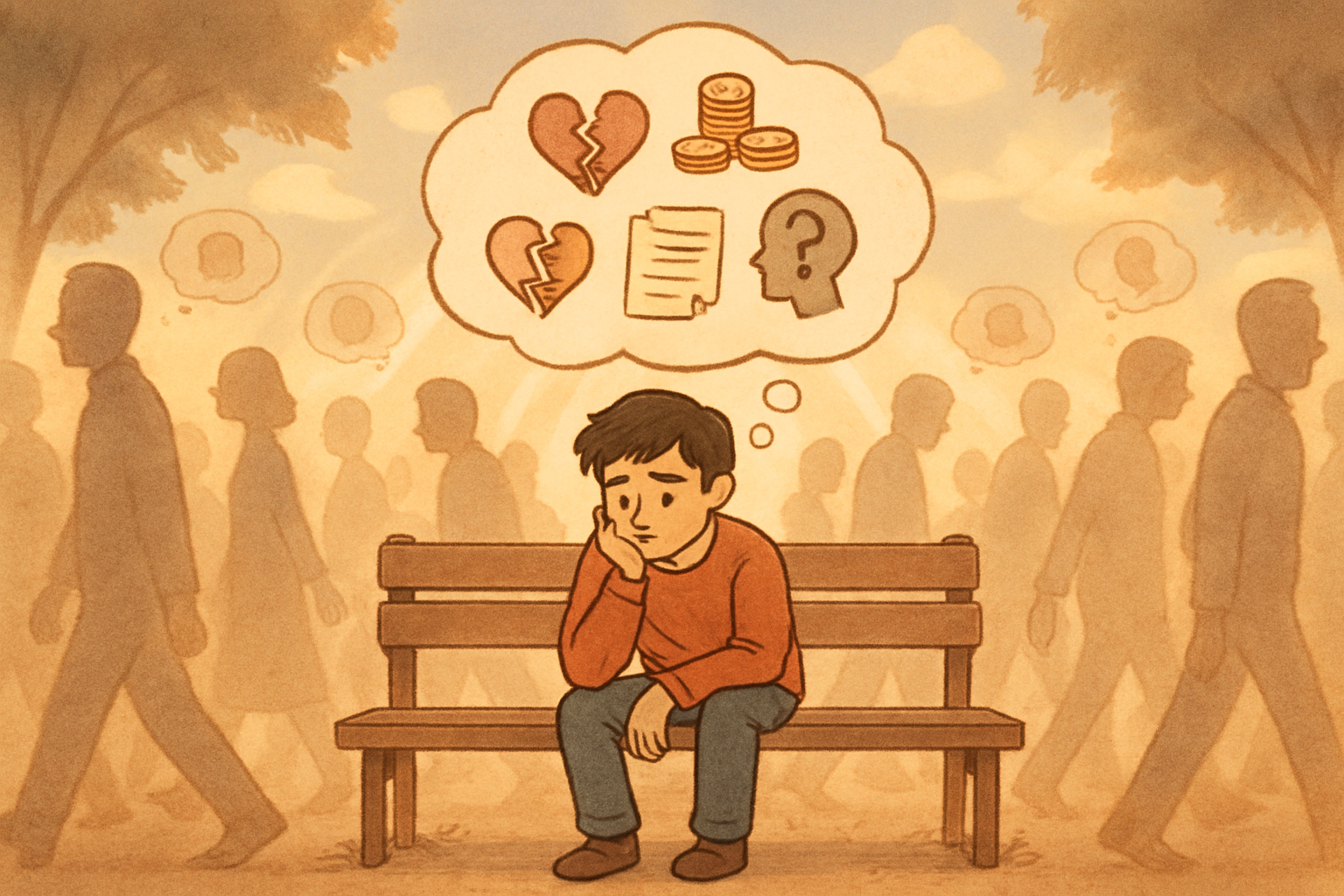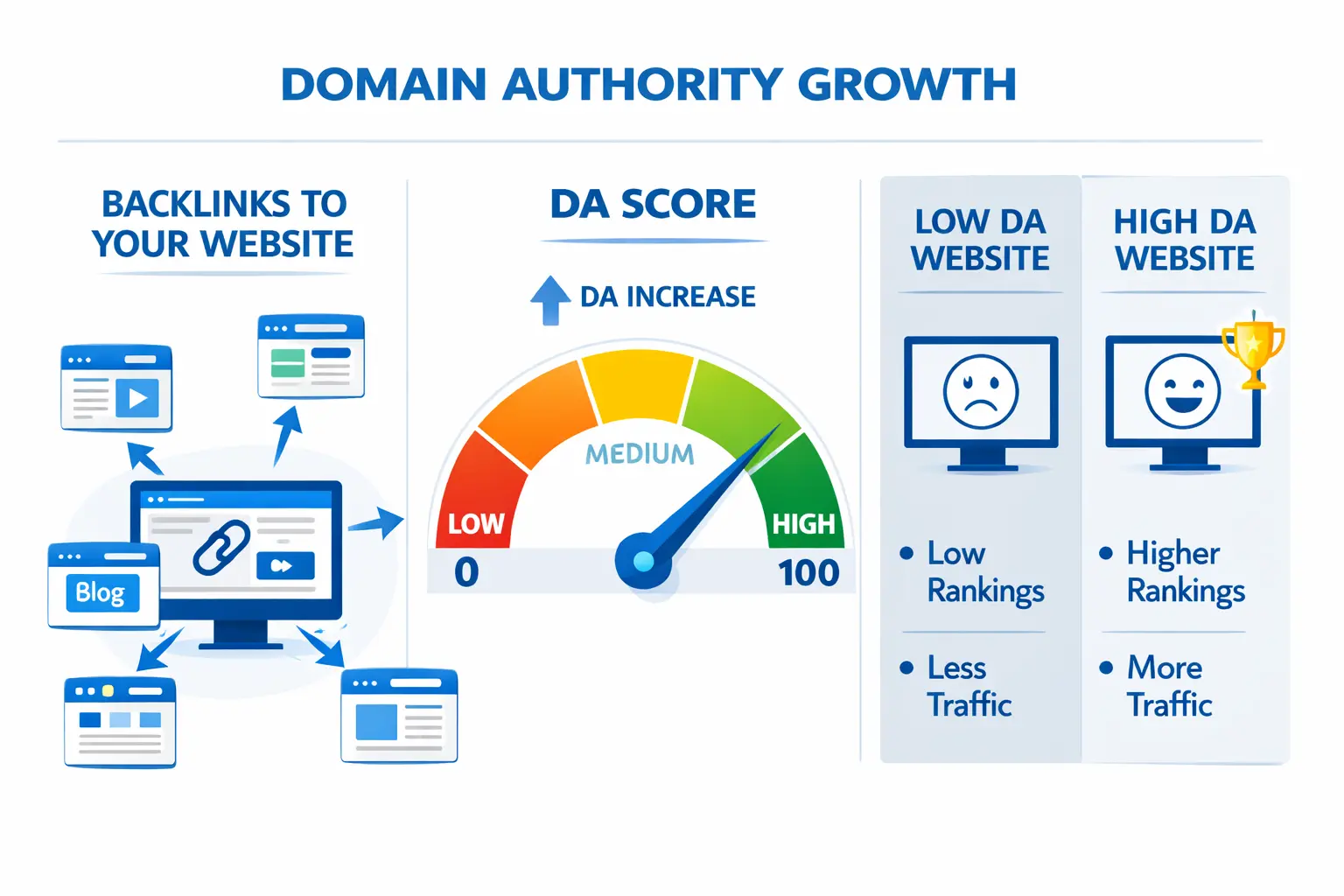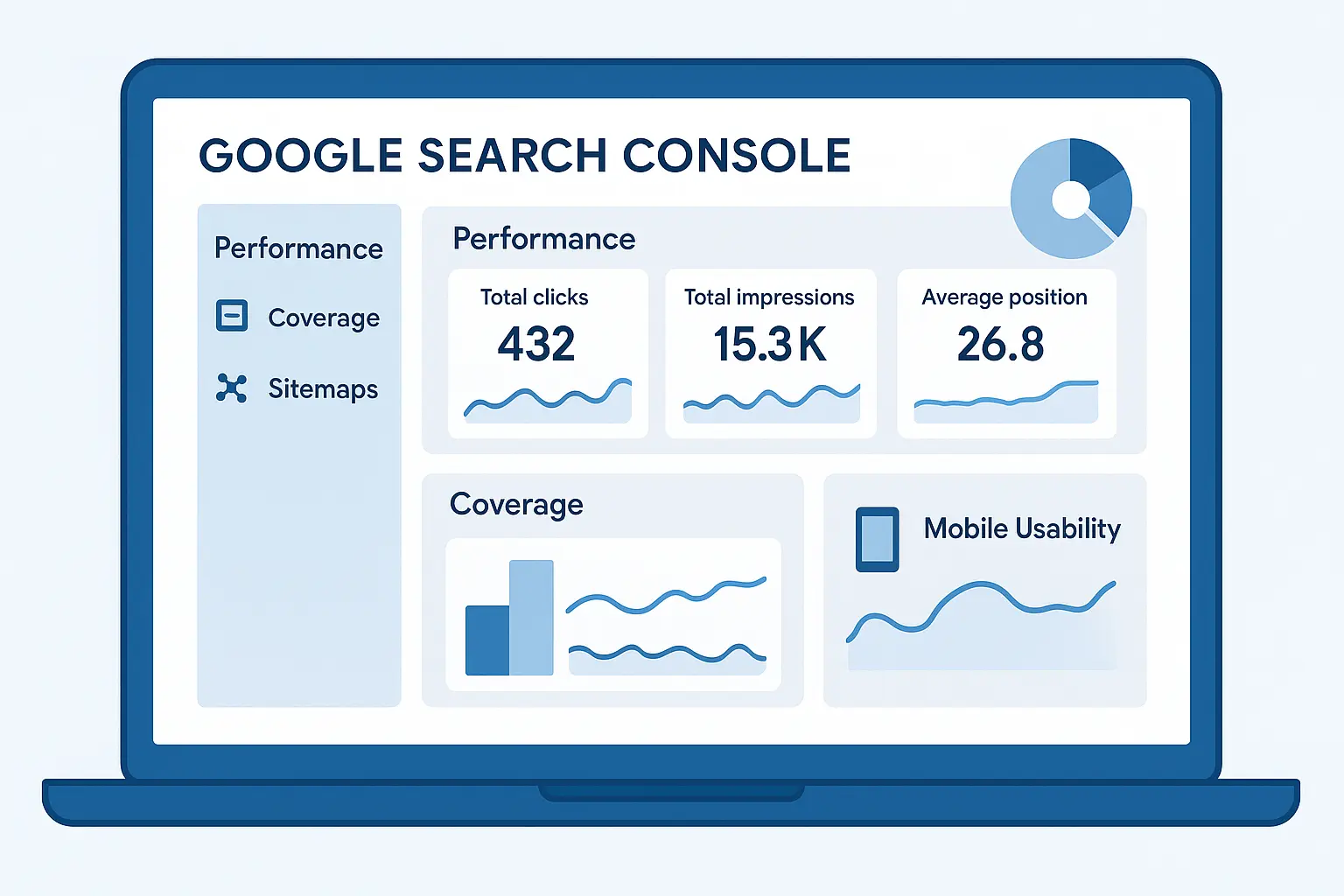Why Joy Fades After Achieving Success: The Psychology of Happiness

You worked hard, achieved your goal, and celebrated your win. But a few days later, you’re back to feeling the same as before—maybe even restless. Sound familiar? This is called the happiness plateau—a stage where success stops giving the joy you expected. You’re not broken; you’re human. Psychology shows that lasting happiness isn’t only about achievement. The good news? Once you understand this cycle, you can break free and create joy that lasts longer than a promotion, exam score, or paycheck.
1. The Science Behind the Happiness Plateau
Human brains are wired to adapt. This is called hedonic adaptation—the tendency to return to a baseline level of happiness after both highs and lows.
- Got a new job? You’re thrilled at first.
- Bought your dream phone? Feels amazing for a week.
- Achieved a long-term goal? Incredible—but eventually, it becomes “normal.”
Success becomes part of your routine, and your mind starts chasing the next thing. That’s why happiness fades.
2. Why Success Alone Can’t Keep You Happy
Achievements feel good, but they don’t solve deeper needs:
- Connection → We crave relationships more than awards.
- Purpose → We need meaning beyond salary or trophies.
- Growth → We feel alive when we’re learning, not just winning.
When success gives only external rewards, it creates temporary joy but not lasting fulfilment.
3. Signs You’re Stuck on the Happiness Plateau
You might be on a plateau if:
- You hit a goal but quickly feel empty or restless.
- You keep raising the bar without celebrating wins.
- You compare your success with others and never feel “enough.”
- Your joy disappears faster than your achievement.
Recognising these signs is the first step toward shifting your mindset.
4. How to Break Free from the Plateau
a) Redefine Success
Don’t measure success only by promotions, money, or achievements. Redefine it as growth, peace, and contribution. Ask yourself: What truly makes me feel alive?
b) Practice Gratitude Daily
Gratitude slows down hedonic adaptation. Write down three small things daily—like laughter with a friend or a peaceful walk. Over time, this rewires your brain to notice joy in everyday life.
c) Focus on the Process, Not Just the Goal
Instead of chasing the finish line, learn to enjoy the journey. Example: Love the learning in your job, not just the promotion it brings.
d) Invest in Relationships
Strong bonds bring more lasting happiness than solo achievements. Call a friend, spend time with family, or build supportive networks at work.
e) Create Space for Growth
Learn a new skill, read something outside your comfort zone, or explore a creative hobby. Growth keeps joy alive even beyond external rewards.
5. The Role of Balance in Lasting Happiness
Constant chasing creates exhaustion. Balance achievement with rest, reflection, and self-care. Think of happiness like a plant—it needs daily care, not just occasional sunlight. Work hard, but also slow down. Success feels sweeter when life has space for peace.
Conclusion
Success is worth celebrating—but it isn’t the final destination of happiness. The plateau is real, but it’s not permanent. By redefining success, practising gratitude, nurturing relationships, and enjoying the process, you can step off the treadmill of endless chasing.
✨ Remember this: Happiness isn’t just found at the top of the mountain—it grows in the climb itself. Start noticing joy in small daily wins, and you’ll find that success becomes richer, deeper, and far more fulfilling.









No comments yet. Be the first to comment!